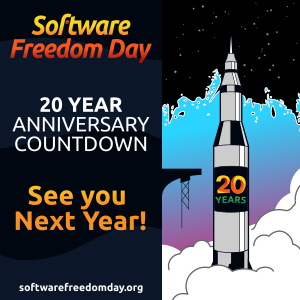California library cooperative Califa
Group has announced a deal to add 10,000 self-published ebooks from
Smashwords to the ebook collection they are creating for member
libraries. This follows an earlier announcement that additional
funding has been secured to continue their yet-unnamed ebook
collection project, which is based on Douglas County's model of
library-control of ebook content and DRM management (as opposed to
passively accepting what Overdrive or 3M will do for us).
Smashwords is allowing authors to set
individual pricing for library sales, leaving open the possibility
that our prices will be lower (perhaps free). Perhaps independent
authors will be more open to our case that libraries are a discovery
platform rather than a threat (which seems to be a common view with
some of the big publishers).
Interestingly, the deal also includes
creating a self-publishing program to allow patrons to publish their
own works on Smashwords. Moving libraries to the forefront in
content-creation opens many new options for libraries.




















